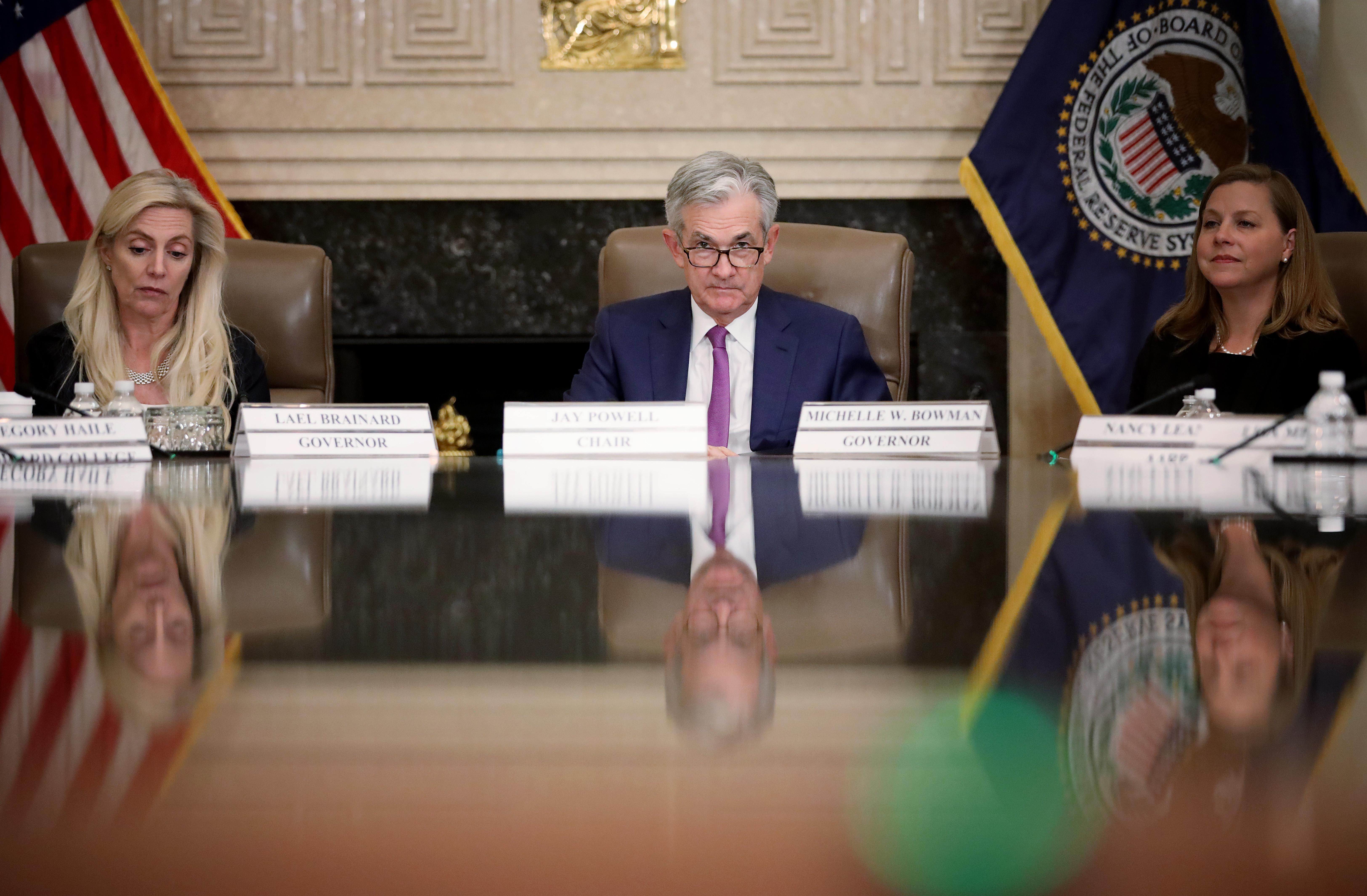Federal Reserve Members Can Trade Individual Stocks, but for How Long?
Regional Federal Reserve presidents are getting richer off individual stocks. Here's why that's a problem people are trying to fix.
Sept. 17 2021, Published 10:31 a.m. ET
Officials of the Federal Reserve throughout the U.S. are being questioned on their trading activity. Fed chair Jerome Powell is directing the central bank to delve into trading practices for regional members who trade individual stocks en masse.
Technically, Fed officials can trade stocks despite having access to insider information. But should they be able to? The ethical quandaries surrounding the issue are coming to light.
The issue in regional Fed presidents' portfolios
Last week, the central bank launched an investigation into the personal investments of senior Fed officials. The biggest issue seems to lie with regional Fed presidents, some of whom are investing hundreds of thousands to millions into individual stocks.
This rings alarms for insider trading. A spokesperson for the Fed said the investigation will lead to tightening of standards and rules. "The Board will make changes, as appropriate, and any changes will be added to the Reserve Bank Code of Conduct," they told reporters.
Dallas Fed president Robert Kaplan is perhaps the most pivotal example. In 2020, Kaplan traded more than $1 million in individual stocks, capitalizing on the boom amid the COVID-19 pandemic. Meanwhile, Boston Fed president Eric Rosengren traded hundreds of thousands of dollars in Pfizer, Chevron, AT&T, and other stocks.
What the rules say about Federal Reserve officials trading individual stocks
Technically, the rules don't bar Fed officials from trading individual stocks. However, the investigation stems from the excessive nature that many of these officials are trading using insider information gathered from their positions at the central bank.
If the Fed rewrites the rules on insider stock trading for internal officials, it could change the game for preferred investors.
Fed Chair Jerome Powell is taking a firm stance on individual stock trading practices
The Fed chair is not sitting unbiased in this argument. Powell was the one who initiated the investigation to take a good, hard look at the ethics and rules of permissible financial holdings within the organization.
Two officials have already exited their positions
Rosengren and Kaplan, two of the highest-value individual stock traders in question, have agreed to sell their positions. Kaplan has announced he will exit all of his relevant securities by Sep. 30 and redirect those investments into diversified index funds or savings accounts.
Did Elizabeth Warren's call for reform spark the shift?
Powell's investigation launch only came after Senator Elizabeth Warren (D., Mass) wrote a letter to all Fed officials asking them to disallow individual stock trading entirely.
"The controversy over asset trading by high-level Fed personnel highlights why it is necessary to ban ownership and trading of individual stocks by senior officials who are supposed to serve the public interest," Warren wrote.
While the Fed may completely outlaw individual stock trading for officials, it could put caps on trades or increase taxes to disincentivize individual stock trading. This could help officials maintain the best interest of American citizens rather than making fiscal policy changes that benefit their own wealth.



